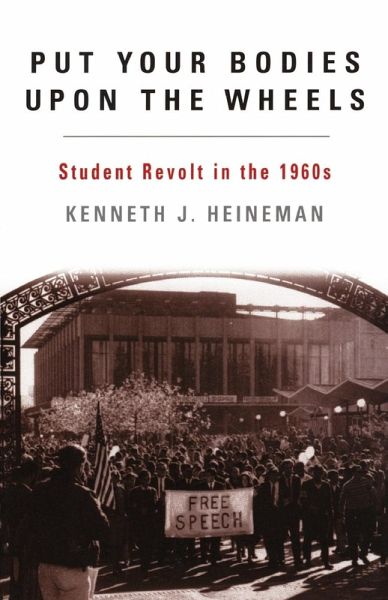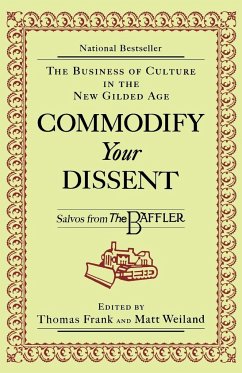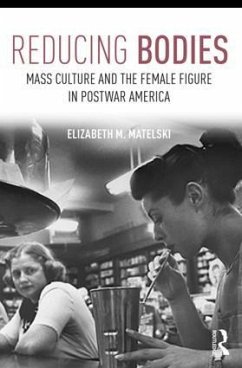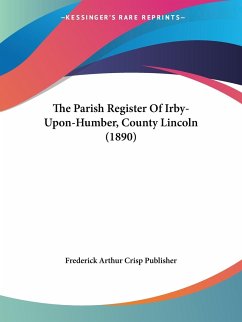
Put Your Bodies Upon The Wheels
Student Revolt in the 1960s
Versandkostenfrei!
Versandfertig in 1-2 Wochen
18,99 €
inkl. MwSt.

PAYBACK Punkte
9 °P sammeln!
What began at colleges in the sixties as a rejection of parental authority and the Vietnam War rapidly evolved into a social movement, one with lasting influences in diverse areas of American life. As anti-Communist and Great Society Democrats lost control of the Vietnam War and the unrest in America's inner cities, Students for a Democratic Society (SDS), the chief organization of the campus-based New Left, gained strength, ending the decade with 100,000 members. From political protest, SDS and its faculty and intellectual allies moved to violent confrontation with university and government o...
What began at colleges in the sixties as a rejection of parental authority and the Vietnam War rapidly evolved into a social movement, one with lasting influences in diverse areas of American life. As anti-Communist and Great Society Democrats lost control of the Vietnam War and the unrest in America's inner cities, Students for a Democratic Society (SDS), the chief organization of the campus-based New Left, gained strength, ending the decade with 100,000 members. From political protest, SDS and its faculty and intellectual allies moved to violent confrontation with university and government officials. Sit-ins, building takeovers, riots, and strikes hit more than 300 of the nation's 2,000 campuses in the 1960s. Between January 1969 and April 1970, young radicals bombed 5,000 police stations, corporate offices, military facilities, and campus buildings. Twenty-six thousand students were arrested and thousands injured or expelled while engaged in protest activities. Meanwhile 57,000 youths, many of whom lacked the financial means to attend college and secure draft deferments, died in Vietnam. Against a backdrop of student protest, the campus drug culture blossomed. In Put Your Bodies Upon the Wheels (a quote from Free Speech leader Mario Savio), Mr. Heineman plays no favorites in indicting foolishness and absurdity on both left and right. While his account may make us wonder what happened to our common sense in those years, his assessment of the causes and consequences of the sixties revolt is impossible to evade. "Heineman's sensible survey of student protest in the 1960s neither celebrates upheaval nor condemns the reform impulse. As a result, members of both camps can read his chronicle of events at Berkeley and elsewhere with nostalgia and for insight."-Dallas Morning News.














